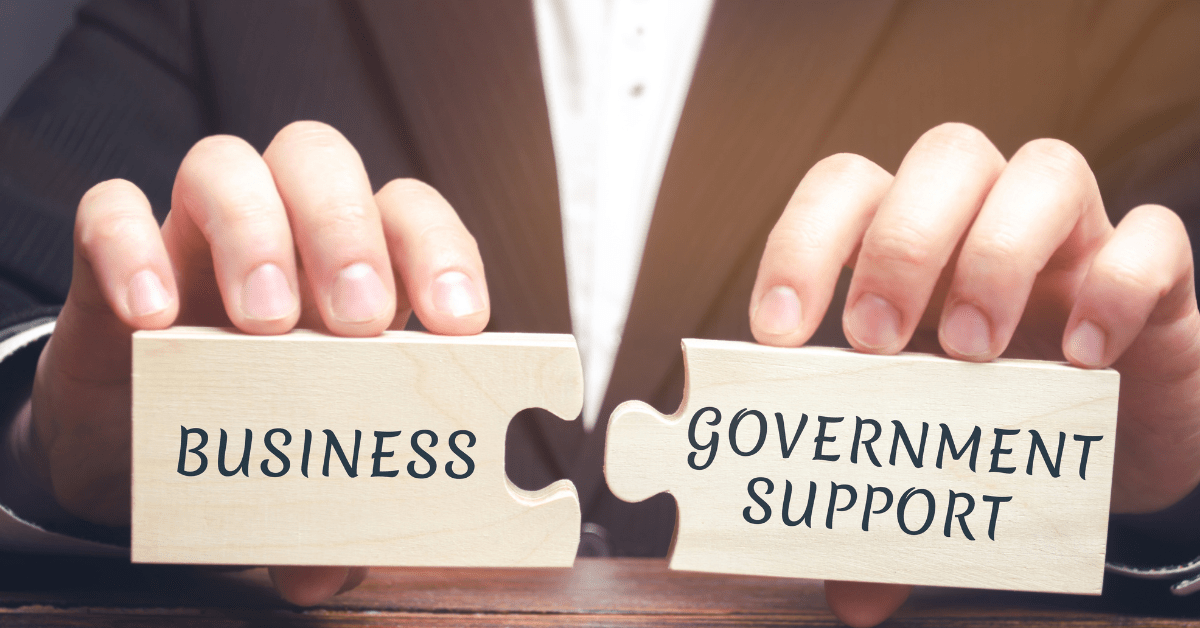New Delhi: Greek Prime Minister Kyriakos Mitsotakis on Wednesday said peace and stability in the Middle East was necessary for the success of the India-Middle East Economic Corridor announced during India’s G20 presidency last year.
Highlighting the agreement by the countries on IMEC project, the Greek PM said he sees Greece participation in the project, adding that Greece is a gateway for India to enter Europe through IMEC.
“India Middle East Europe corridor, what we call the IMEC project, was launched by India during its G 20 presidency. Greece, you just have to look at the map to realize this is India’s gateway to Europe and through IMEC, we see our participation as a very important aspect of this strategic partnership,” he said.
“In order to achieve this we need peace in the Middle East, and stability is the necessary condition for every project that aims to increase the greater prosperity of the greater region to the benefit of all countries involved. And several of my meetings here in India today, together with a very large delegation of Greek business representatives, focus on promoting our economic ties, with particular emphasis on sectors such as renewable energy infrastructure, our ports and shipping and logistics. And of course, we want to learn from the Indian miracle of information technology,” he added.
He went on to mention that the India-Greece shared values serve as a bridge to bring both countries closer and highlighted both countries commitment to the UN charter.
“Our shared values serve as the bridge that brings us closer. Both share, I would say, a certain ethos, or dharma, as you call it. We both share, as the prime minister said, a strong commitment to international law and especially the United Nations Convention on the Law of the Seas,” he said.
“We’re both loyal to the principle of the UN charter, diplomacy and stability, and crucially, the world’s oldest democracy, the world’s largest democracy, share the mutual political will to cooperate with each other to establish partnerships and to explore and create new synergies,” he said further.
At the G20 Summit which took place in India on September 9-10, India, the US, UAE, Saudi Arabia, France, Germany, Italy and the European Union signed a Memorandum of Understanding (MoU) to establish the India-Middle East-Europe Economic Corridor.
The corridor will encourage and provide impetus to economic development through enhanced connectivity and economic integration between Asia, West Asia, the Middle East and Europe, as per sources.
Earlier in September, while addressing the 78th session of the United Nations General Assembly (UNGA), US President Joe Biden lauded the India-Middle East-Europe Economic Corridor and said the project will spur opportunities for investment across two continents.
Biden said that the rail port project is part of an effort to build a more sustainable integrated Middle East.
“Connect India to Europe through the UAE, Saudi Arabia Jordan and Israel will spur opportunities for investment across two continents. This is part of our effort to build a more sustainable integrated Middle East,” Biden said.
On the sidelines of the G20 summit in New Delhi, Prime Minister Narendra Modi announced the ambitious project and was flanked by US President Biden, Saudi Arabian Prime Minister Mohammed bin Salman and leaders of the EU.
This is a historic and first-of-its-kind initiative on cooperation on connectivity and infrastructure involving India, UAE, Saudi Arabia, EU, France, Italy, Germany and the US.
The India-Middle East-Europe Economic Corridor will consist of two separate corridors, the East corridor connecting India to West Asia/Middle East and the Northern corridor connecting West Asia/Middle East to Europe.
It will include a rail line, which, upon completion, will provide a reliable and cost-effective cross-border ship-to-rail transit network to supplement the existing multi-modal transport routes enhancing transhipment of goods and services from South East Asia through India to West Asia/Middle East Europe.
This report is auto-generated from a syndicated feed

















%20(2)%20(1).jpg)


Discussion about this post